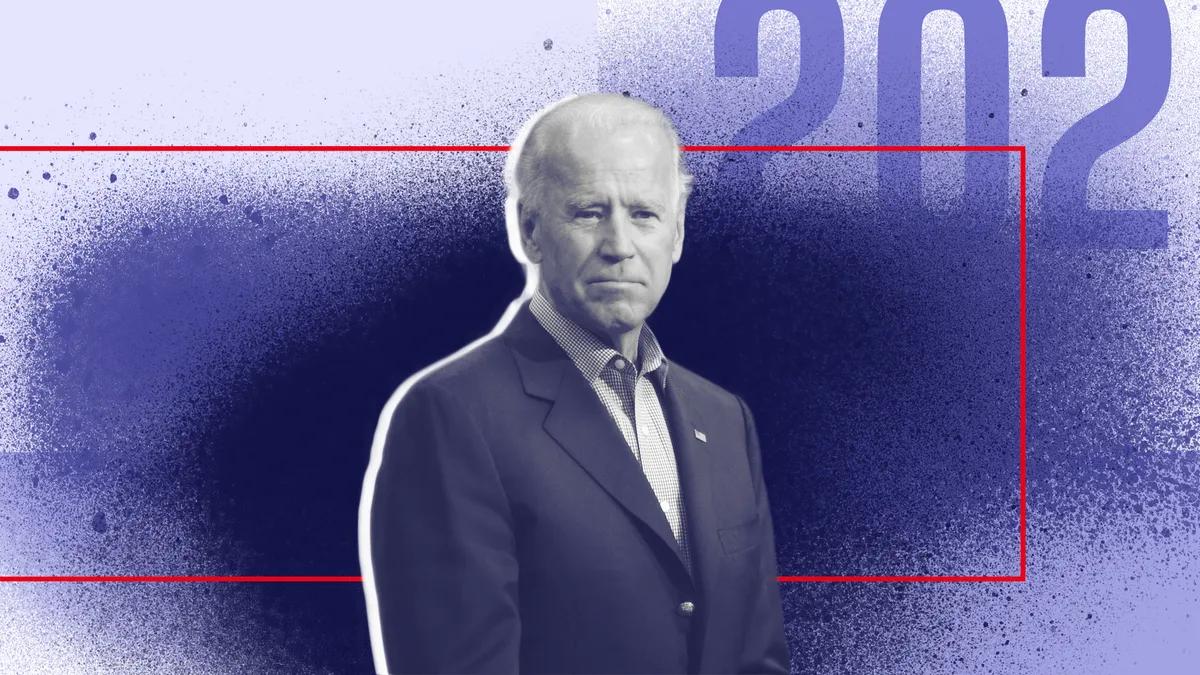Dive Brief:
-
Former Vice President Joe Biden was elected president of the United States Saturday morning, with Pennsylvania putting him over the 270 electoral votes needed to win, pending certification and the outcome of legal challenges. But the political make-up of the Senate remains uncertain as the Georgia Senate race is headed to a special election in January.
-
For the power sector, a Biden win coupled with a majority Democratic Congress could have potentially large implications for the clean energy sector, though hurdles remain. Under a Republican-majority Senate, there is less room for aggressive climate strategy, but analysts say clean energy policy, including carbon pricing, will not be off the table.
-
Even without support from Congress, Biden can still speed up development of nascent industries such as offshore wind and electric vehicles, which faced hurdles under President Donald Trump.
Dive Insight:
President-elect Joe Biden pledged ambitious climate action on the campaign trail — he wants to see the electric power sector brought to 100% carbon-free power by 2035. He also pledged to rejoin the Paris Climate Agreement immediately after taking office, which the U.S. officially withdrew from the day after the election.
A Republican Senate combined with a Biden administration will make mandate-centered policies like a clean energy standard more difficult to pass, but there may be a path for carbon pricing, according to analysts, which has broad support from industry. Other policies such as the bipartisan Energy Innovation Act championed by Sen. Lisa Murkowski, R-Alaska, earlier this year could finally squeak through.
Without Congress, there are still a number of things Biden can accomplish to help reduce carbon emissions and boost electrification and clean energy resources, according to WoodMackenzie.
For example, the Trump Administration slowed offshore wind approvals and had plans to close off a stretch of the U.S. coast, from Florida to Virginia, but the Biden Administration will act quicker on these approvals, said Ed Crooks, Wood Mackenzie vice-chair for the Americas sector, in a statement. Trump also loosened fuel economy standards, expected to prevent electric vehicle growth from reaching its full potential, but Biden plans to tighten those standards.
"By 2030 there could be 4 million EVs on US roads as a result of those standards, almost 60% more than if the Trump administration’s rules had taken effect," said Crooks, though that additional 4 million only represents about 1.5% of the 275 million vehicles expected on U.S. roads in 2030.
But though the path for clean energy and climate policy is not obvious yet, clean energy interests from energy storage, to renewables, to nuclear all praised Biden’s win, with some encouraging him to use the sector as a tool for economic recovery following the COVID-19 pandemic and successive economic downturn.
"An accelerated transition to renewable power provides both climate protection and economic prosperity," said Gregory Wetstone, President and CEO of the American Council on Renewable Energy. "With more than $60 billion in annual investment, and two of the nation’s fastest-growing job categories — wind turbine technician and solar power installer — renewable energy can help power America’s economic recovery, as it did in 2009."
Nuclear power saw more significant support than other clean energy technologies under the Trump administration, and the industry urged Biden to continue those policies.
"We look forward to working with President-elect Biden and his team to continue the momentum we have seen under the Trump Administration to support nuclear carbon-free energy as a key source to an increasingly decarbonized economy," said Maria Korsnick, president and CEO of the Nuclear Energy Institute in a statement. "The Biden team has prepared an ambitious roadmap to combat our climate crisis and secure an environmentally just future — none of which is possible without nuclear energy."















